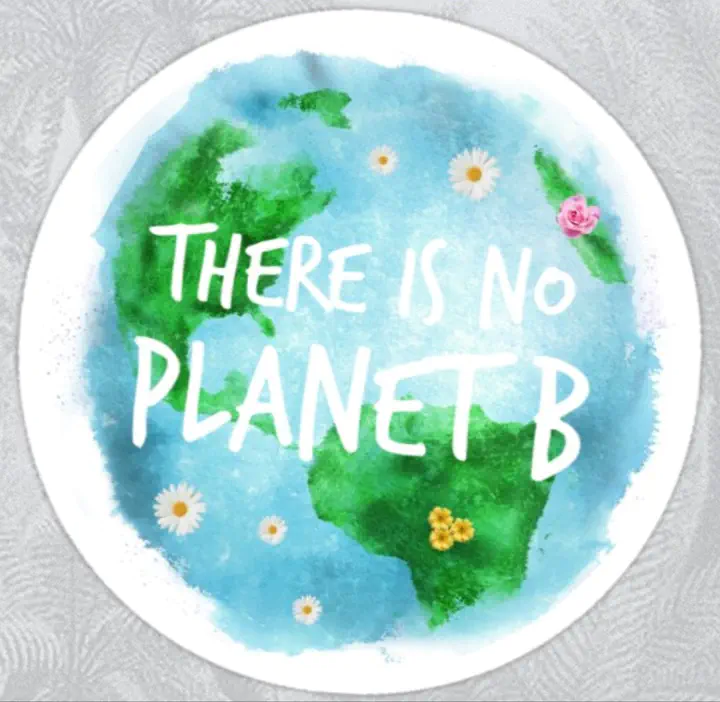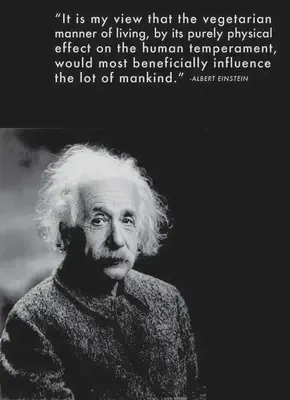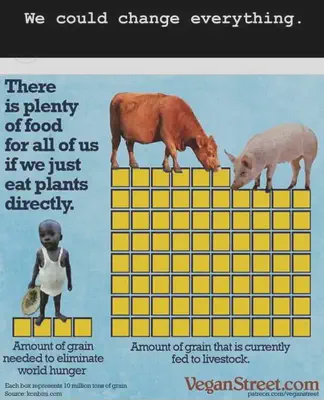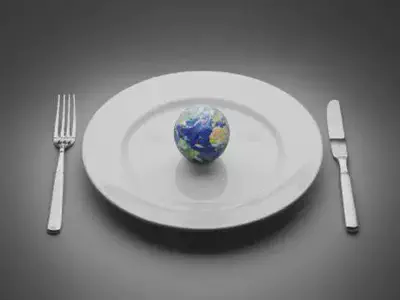Food we eat may determine our survival as a human race!

In my previous blog post, I had given a brief idea about what all benefits does vegetarianism entail. Now, I am going to describe how going vegetarianism implies going green!
Firstly, a vegetarian diet plays a major role in curbing the menace of global warming. According to a study conducted by the UN, raising of livestock for food is highly resource intensive and by releasing Methane and Carbon Dioxide gases, contributes to more than a quarter of the greenhouse gas (GHG) emissions in the world. Animals, like all other living organisms, contain tons of Carbon within themselves. By killing them to satisfy our food requirements, we are indirectly unleashing a large amount of Carbon into the atmosphere…thus, intensifying the menace of global warming.

On the other hand, a vegetarian/a vegan diet has the potential to reduce the GHG emissions by a whopping 50%. The vegetarian option is less resource intensive as well less water and minimal productivity additives are required.
Secondly, by being vegetarian, we can avoid water and soil pollution as well in addition to air pollution (as discussed above). Farmed animal waste, other animal food waste and NPK fertilizer residues and chemicals used in raising animals for food enter into waterways and other water bodies as a part of the surface runoff, thus, polluting water to a large extent.
Algal blooms (eutrophication) caused by them pose a major problem to the aquatic biodiversity.

Some critics may argue by saying that even plant waste contributes to water pollution but in reality, the amount of waste generated from fertilizers used in plants is very less when compared to the huge amount of fertilizers and a plethora of other chemicals used in rearing livestock for food.
Livestock farming is known to cause excessive land quality degradation by destroying the top soil strata via overgrazing which causes soil erosion, desertification and deforestation. In fact, 20% of the world’s grazing area has already been designated as degraded due to the rearing of animals for food. This is also destroying the natural habitat of many animals forcing millions of them to run away from their home territories and seek shelter elsewhere.
Plant cultivation on the other hand has innumerable positive benefits for the soil. The roots of the plants bind the soil well, thus, strengthening the top soil strata. Say no to fertilizers as well! crops such as peas and beans fix nitrogen and increase soil fertility. Others, like buckwheat and oats, have the potential to add a lot of organic matter to enrich the soil. Dynamic accumulators plants that accumulate a lot of nutrients, usually from a deep taproot, and when cut and left as mulch, revitalize the shallower soils with hard to reach minerals are beneficial and edible as well. Examples include borage, meadowsweet and miner’s lettuce. Fancy a dynamic salad?! ;)
Farmed animals and fish are made to intake a wide variety of drugs, growth hormones and chemicals to fatten them faster and to ensure their survival in conditions which would otherwise prove to be their doom. As a result of biomagnification, when humans eat animals, these drugs, these hormones and chemicals eventually become a part of them.
The USDA (United States Department of Agriculture) researchers have found out that eating 2 ounces of non-veg food exposes a consumer to 3-5 micrograms of inorganic Arsenic per day, the element’s most toxic and carcinogenic form. Further, daily intake of small quantities of Arsenic can cause cancer, dementia, neurological problems and other disorders and diseases. Hormones and other growth chemicals in general such as estrogens and insulin-like growth factor-1 given to the animals lead to initiation and provoking of breast, prostate and endometrial tumors.
Studies on world food security (Vries, Keulen, and Rabbinge,1995) have estimated that a non-veg diet requires at least 3 times more resources as compared to a veg diet. Thus, a veg diet considering all parameters as discussed above is a very powerful tool to achieve environmental sustainability in totality!
